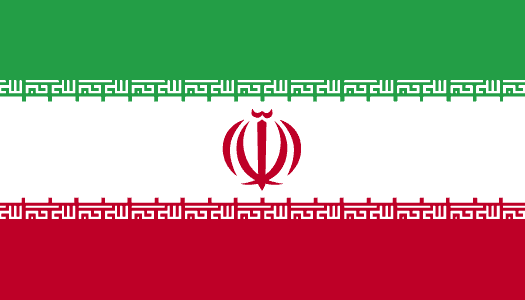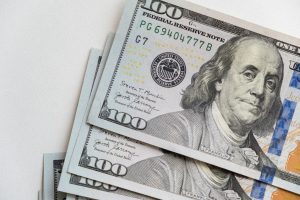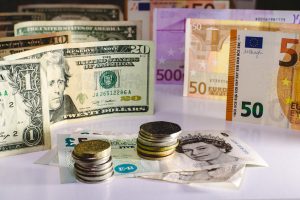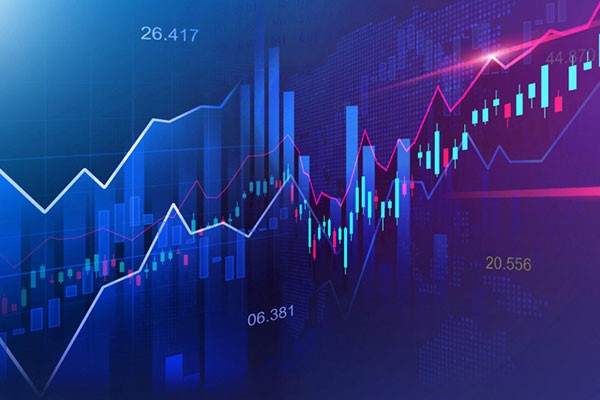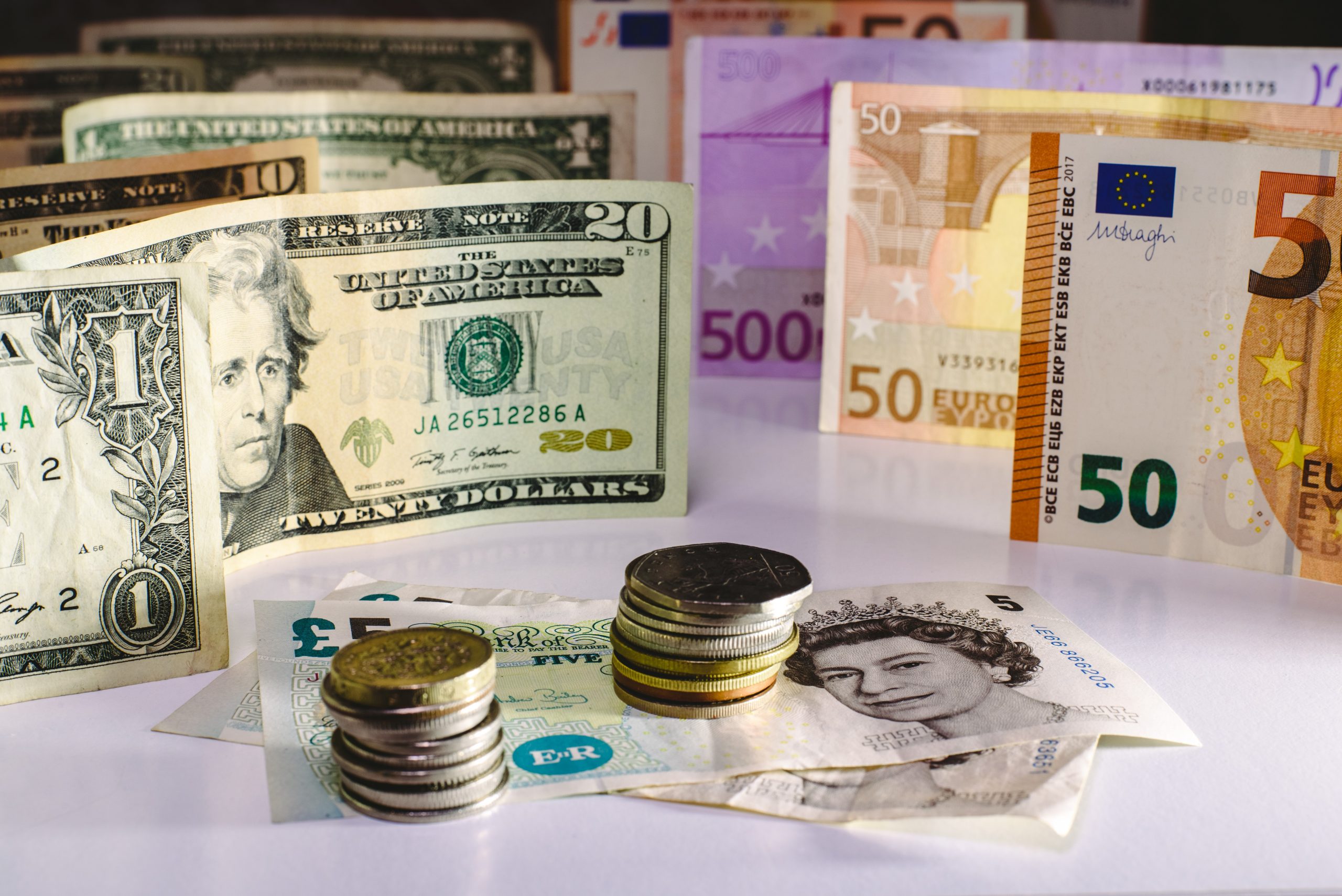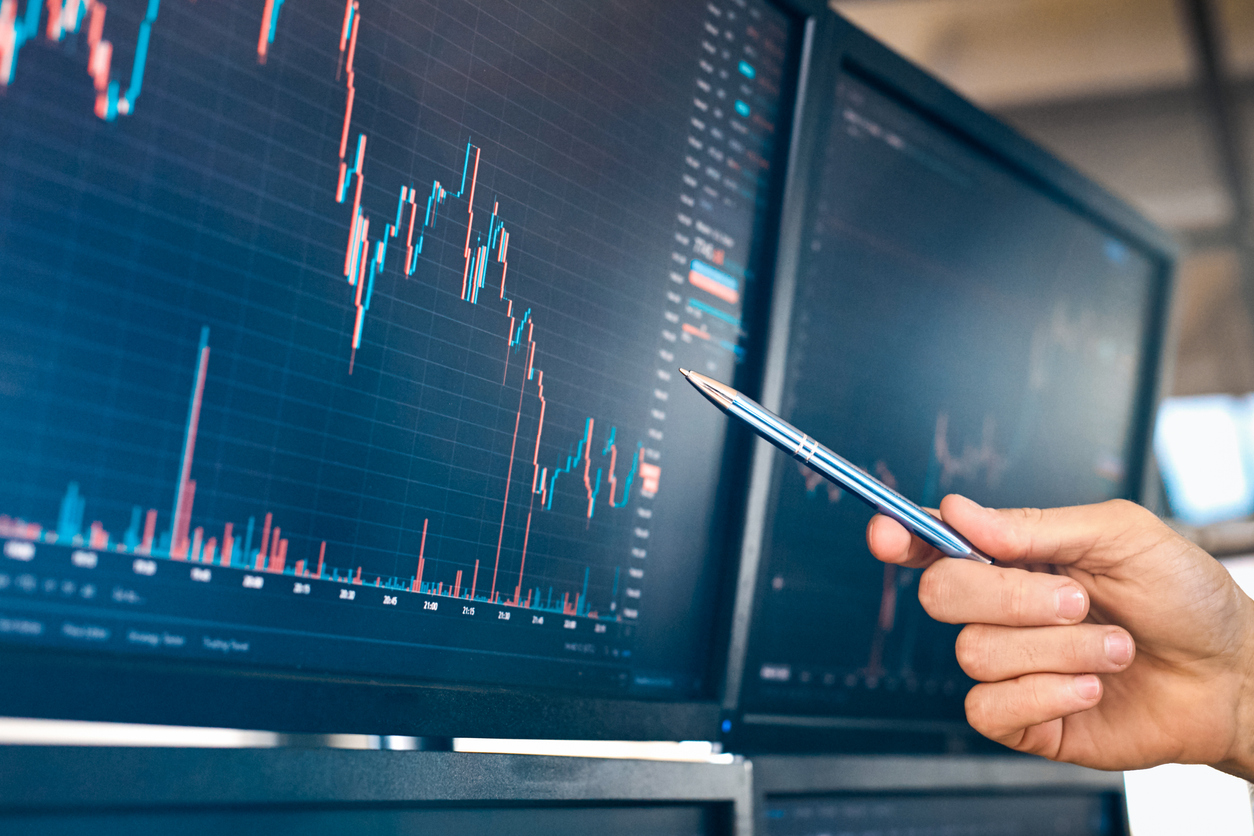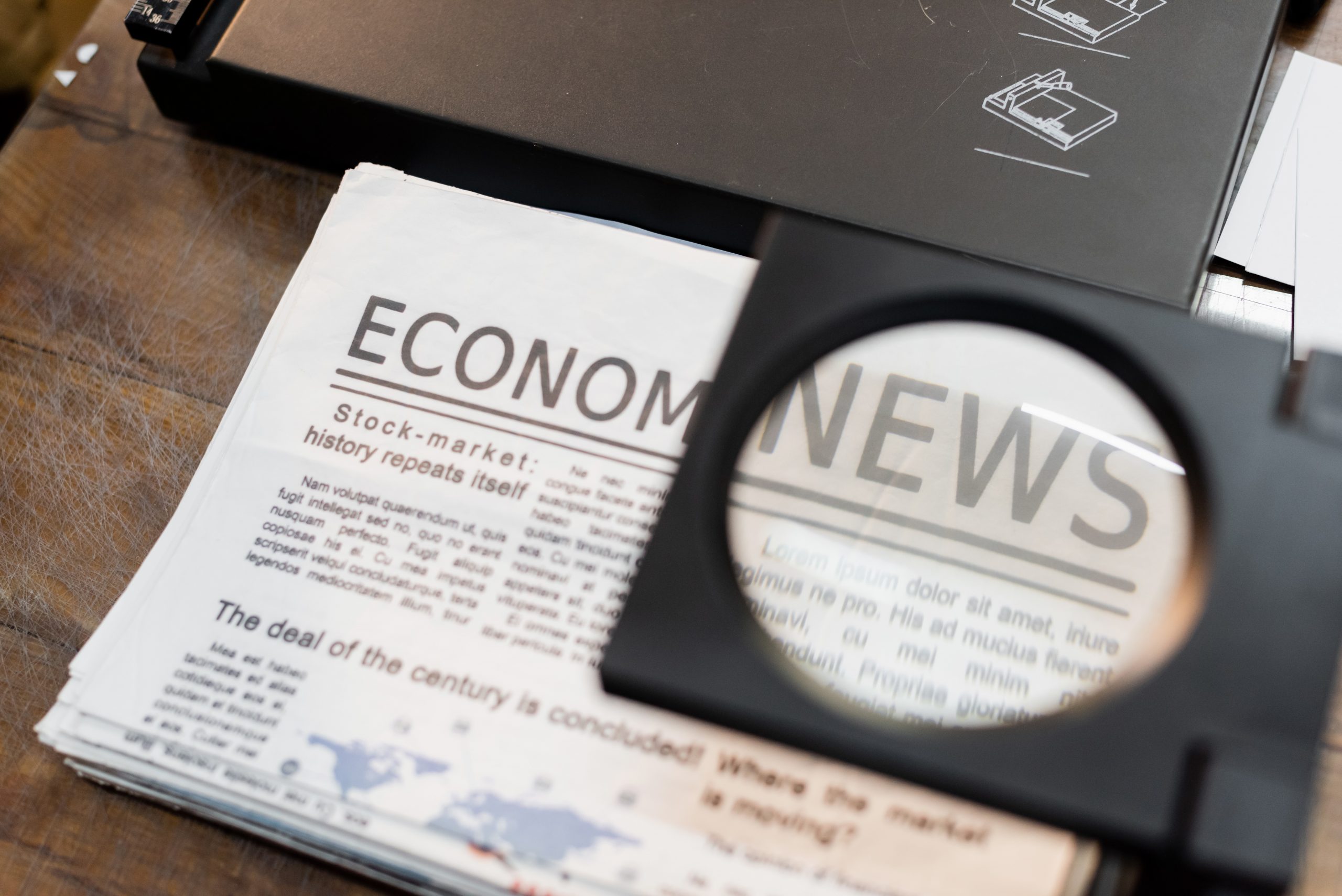A Closer Look at the Forex Market
The Forex market, short for Foreign Exchange market, is one of the largest and most liquid financial markets in the world. Trillions of dollars are traded daily, making it a central player in the global economy. But who exactly owns Forex? Is it controlled by a single entity or a group of powerful institutions? We will explore the structure and ownership of the Forex market, shedding light on the various participants that contribute to its functioning.
The Forex Market: An Overview
Before delving into the ownership aspect, it’s essential to understand the basics of the Forex market. At its core, Forex is a decentralized market where currencies are bought and sold. It operates 24 hours a day, five days a week, allowing participants from around the world to engage in currency trading.
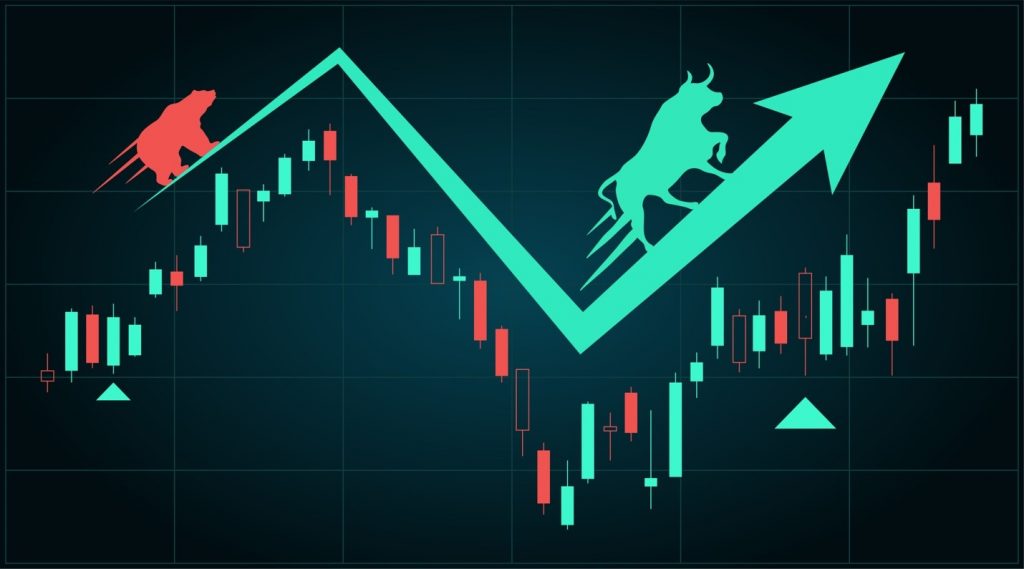
Unlike stock markets, which are often associated with specific exchanges, Forex doesn’t have a centralized physical location. Instead, it operates electronically, with trading occurring through a network of banks, financial institutions, governments, corporations, and individual traders.
Market Participants
1. Central Banks:
Central banks play a pivotal role in the Forex market. They are responsible for regulating their respective countries’ money supply and interest rates. Central banks like the Federal Reserve (USA), European Central Bank (ECB), and Bank of Japan (BOJ) are key players in the Forex market. These institutions use Forex to influence their domestic currency’s value by buying or selling large amounts of it.
2. Commercial Banks:
Commercial banks, both big and small, are significant participants in the Forex market. They facilitate currency transactions for their clients, including corporations, institutions, and individuals. Banks often have dedicated trading desks to execute Forex orders on behalf of their clients. Some large banks also engage in proprietary trading, where they trade currencies to generate profits for themselves.
3. Hedge Funds and Investment Firms:
Hedge funds and investment firms actively participate in Forex trading. They manage portfolios on behalf of their clients and employ various strategies to profit from currency fluctuations. Hedge funds, in particular, are known for their speculative and leveraged positions in the Forex market.
4. Multinational Corporations:
Multinational corporations engage in Forex to manage their exposure to foreign currencies. They trade currencies to hedge against currency risk and to facilitate international business transactions. For instance, a U.S.-based company doing business in Europe may need to convert euros into dollars to repatriate profits to its home country.
5. Retail Traders:
Individuals make up a growing segment of the Forex market, commonly referred to as retail traders. They access the market through online trading platforms provided by brokers. Retail traders trade for various reasons, including speculation, investment, and hedging. The accessibility of the Forex market has democratized currency trading, allowing anyone with an internet connection and a small amount of capital to participate.
6. Forex Brokers:
Forex brokers act as intermediaries between retail traders and the broader market. They provide trading platforms, access to liquidity providers, and various trading tools and resources. Brokers earn a profit through spreads (the difference between the bid and ask prices) and, in some cases, commissions.
Market Ownership and Regulation
Now that we’ve identified the major participants in the Forex market, it’s important to address the question of ownership and regulation. Unlike a traditional corporation, the Forex market does not have a single owner or governing body. Instead, it is a decentralized network of participants operating under a set of regulatory frameworks. Let’s explore this further:

1- Decentralized Nature:
The Forex market is often described as an over-the-counter (OTC) market. This means that trading occurs directly between participants, usually facilitated by electronic trading platforms. There is no centralized exchange or physical location where trading takes place, as is the case with stock markets like the New York Stock Exchange (NYSE) or the London Stock Exchange (LSE). Therefore, there is no single entity or corporation that “owns” the Forex market.
2- Regulatory Authorities:
To ensure fair and transparent operation, various regulatory authorities oversee Forex activities within their respective jurisdictions. These regulatory bodies set rules and standards for brokers and financial institutions participating in Forex trading. For example, in the United States, the Commodity Futures Trading Commission (CFTC) and the National Futures Association (NFA) regulate Forex brokers. In the European Union, the European Securities and Markets Authority (ESMA) plays a similar role. These regulatory bodies help maintain market integrity and protect traders and investors.
3- Liquidity Providers:
While the Forex market does not have a single owner, it does have liquidity providers. These are typically large financial institutions, including banks and electronic communication networks (ECNs), that act as market makers by providing buy and sell prices for various currency pairs. These liquidity providers facilitate trading by ensuring there are buyers and sellers for currency pairs at any given time, contributing to market liquidity.
Conclusion
In conclusion, the Forex market is a vast and decentralized financial market where currencies are traded globally. The answer to the question of who is the owner of forex trading is that there is no single owner or entity that controls the entire market. Instead, ownership is distributed among a diverse range of participants, including central banks, commercial banks, hedge funds, multinational corporations, retail traders, and Forex brokers. Regulatory authorities play a crucial role in ensuring the market’s integrity and protecting participants.

The absence of a single owner is a fundamental characteristic of the Forex market, allowing it to remain accessible and open to a wide range of participants. This decentralization, combined with robust regulatory oversight, contributes to the market’s stability and attractiveness to traders and investors worldwide. While the ownership structure may be complex, it is this very complexity that has made Forex a cornerstone of the global financial system.

